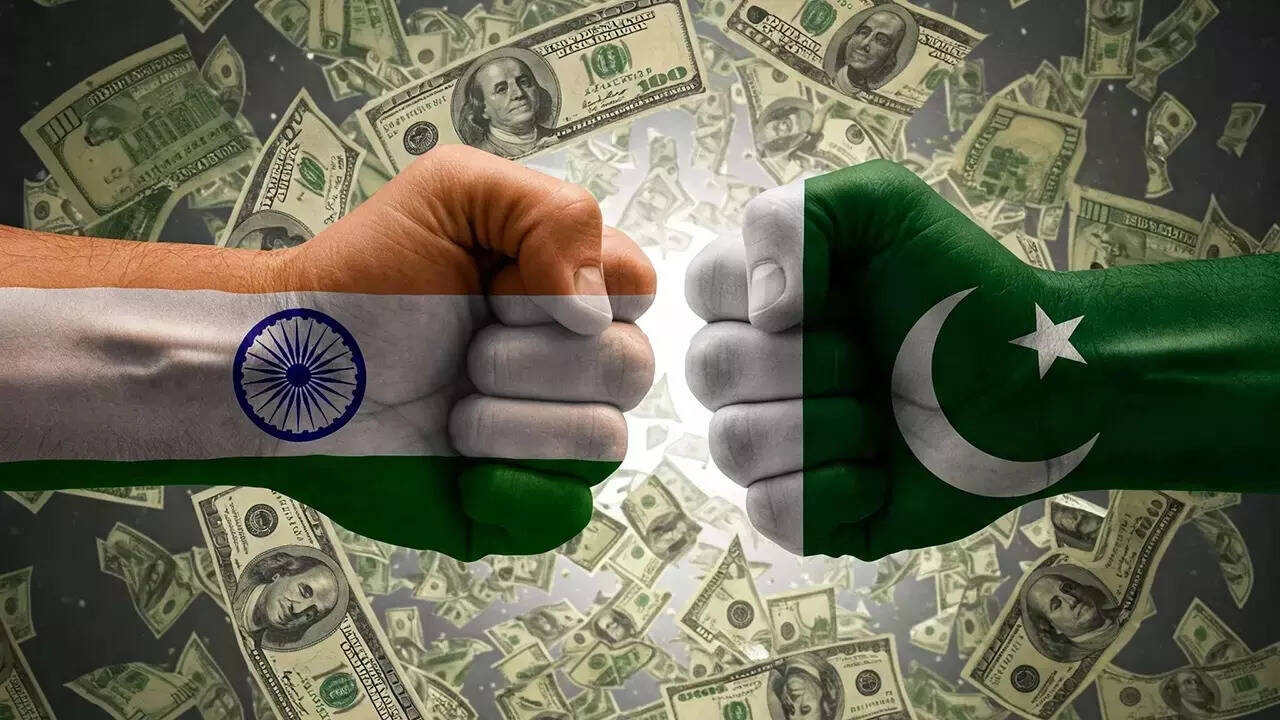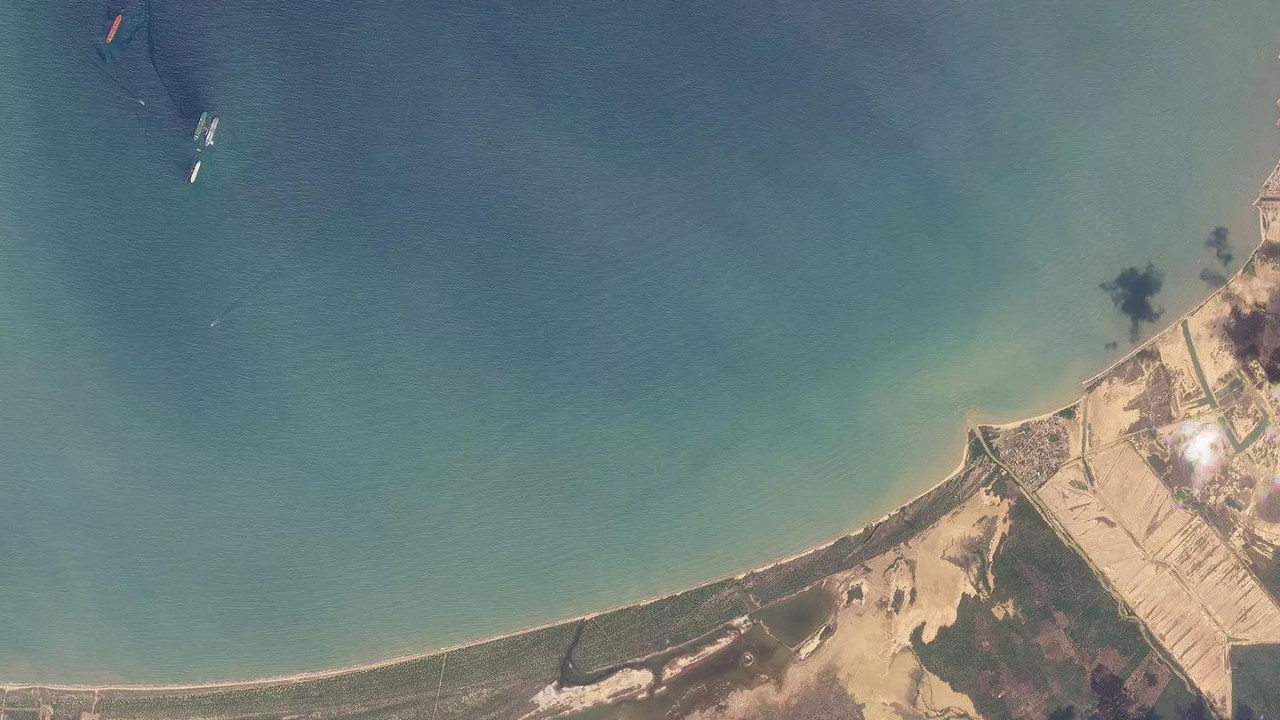India is intensifying its efforts to financially isolate Pakistan, contesting World Bank loans and urging the FATF to reinstate it on the grey list. This follows India’s opposition to the IMF bailout, citing concerns about Pakistan’s economic history and potential misuse of funds for terrorism.
Playing Hardball: Is India Using the FATF to Rein in Pakistan’s Finances?
Okay, let’s talk geopolitics, money, and a little bit of intrigue. We all know the relationship between India and Pakistan is, shall we say, complicated. But the latest developments are throwing a spotlight on just how intricate (and potentially effective) economic pressure can be in international relations. Forget overt military posturing for a moment, because India seems to be playing a subtler, but possibly far more impactful, game.
The whispers in the corridors of power suggest India is pushing hard to get Pakistan back on the Financial Action Task Force (FATF) grey list. Now, for those not fluent in acronym soup, the FATF is basically the global watchdog against money laundering and terrorist financing. Being on their grey list, or worse, the blacklist, is a major headache for any nation. It scares away foreign investment, makes international transactions a nightmare, and generally throws a wrench into any attempts at economic growth.
Pakistan was on the grey list for years, from 2018 to 2022, and it was a tough ride. They scrambled to implement reforms, tighten regulations, and basically prove to the world they weren’t a haven for illicit funds. They finally got off, celebrating a hard-won victory. But, and this is a big but, it seems India isn’t convinced Pakistan has truly cleaned up its act.
The article hints that India’s lobbying efforts are tied to another strategic objective: opposing loans from the World Bank to Pakistan. Think about it – if India can successfully argue that Pakistan’s financial systems are still vulnerable to abuse, it becomes much harder for institutions like the World Bank to justify handing over large sums of money. Why would you lend billions to a country that might be funneling it to the wrong places?
It’s a shrewd move, if true. Direct confrontation often leads to a stalemate, but economic leverage can be surprisingly effective. It’s akin to squeezing a financial artery, potentially crippling Pakistan’s ability to fund projects and manage its economy.
Now, here’s where it gets interesting. The timing is crucial. Pakistan is already facing significant economic challenges. Inflation is soaring, debt is mounting, and political instability is adding fuel to the fire. The last thing they need is the added burden of being viewed as a high-risk financial entity.
A return to the grey list could be devastating, potentially triggering a full-blown economic crisis. This isn’t just about abstract economic indicators; it’s about real people, real jobs, and real livelihoods.
Of course, there’s another side to this story. Some might argue that India is using its influence to unfairly punish Pakistan, exacerbating its existing problems. They might say it’s a form of economic warfare, designed to destabilize a neighbor. There’s definitely room for debate there.
However, India would likely counter that its actions are justified by legitimate concerns about terrorism and financial security. They might point to past instances where Pakistani soil was allegedly used to plan and execute attacks on Indian targets. From that perspective, tightening the financial screws is a necessary measure to prevent future threats.
The truth, as always, is probably somewhere in the middle. Geopolitics rarely presents itself in neat black and white terms. It’s a complex tapestry of national interests, historical grievances, and strategic calculations.
Ultimately, what happens next depends on a number of factors. How convincing is India’s evidence? How will other FATF member nations view the situation? And, perhaps most importantly, will Pakistan be able to demonstrate genuine and lasting commitment to financial transparency?
The stakes are high, not just for India and Pakistan, but for the entire region. A stable and prosperous Pakistan is arguably in everyone’s best interest. But so is the prevention of terrorism and the protection of global financial systems. Finding a way to balance these competing priorities will be a delicate and challenging task. The FATF’s decision, whenever it comes, will have far-reaching consequences. It’s a story worth watching closely. It’s not just about money; it’s about power, security, and the future of a volatile region.
📬 Stay informed — follow us for more insightful updates!







